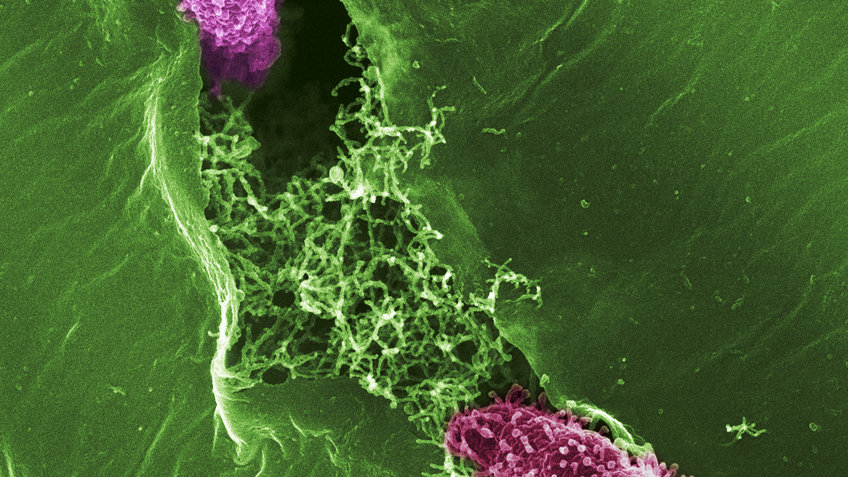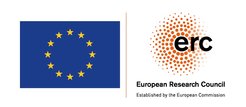
ERC Synergy Grant PATHOCOM
Understanding and predicting PATHOgen COMmunities
Infectious disease is often the major selective agent in nature, and we cannot understand how populations evolve without understanding their pathogenic microbes. Beyond host immunity, an important factor determining the ability of pathogens to invade and proliferate in a host is the resident microbiota, but we are only beginning to glimpse its multifarious impacts. We know even less about interactions among pathogenic microbes themselves. Any effort to explain how pathogen communities, or pathobiota, develop within a host requires knowledge about the extent to which pathogens engage in competition, commensalism and cooperation, both with other pathogens and the rest of the microbiota. To date, studies of plant-pathogen interactions in the lab and descriptive work in the field have focused on pairwise interactions between one plant host and one pathogen, leaving a large gap in our understanding of how different types of interactions between microbes, and especially pathogens, determine the outcome of host-pathogen interactions in the real world. In PATHOCOM, we will implement a program that integrates large-scale field observations of microbes in the plant Arabidopsis thaliana with ultra-high-throughput experimental tests of host-dependent interactions among microbes, allowing experiment-informed modeling of pathogenic microbe-microbe interactions. These models, which will be improved through an iterative process of data collection with synthetic communities, will illuminate how interactions, from pairwise to higher-order, shape microbial community composition and structure. In the final step, the resulting models will be tested against and refined with field data. Together, these efforts will transform the study of plant pathogens by applying deep analyses of microbial interactions in an ecological context toexplain patterns in nature. Ultimately, PATHOCOM will play an essential role in refashioning plant-pathogen-microbiome studies into a predictive science.

EU Project data base: https://cordis.europa.eu/project/id/951444
This project has received funding from the European Research Council (ERC) under the European Union’s Horizon 2020 research and innovation programme (grant agreement No 951444).
